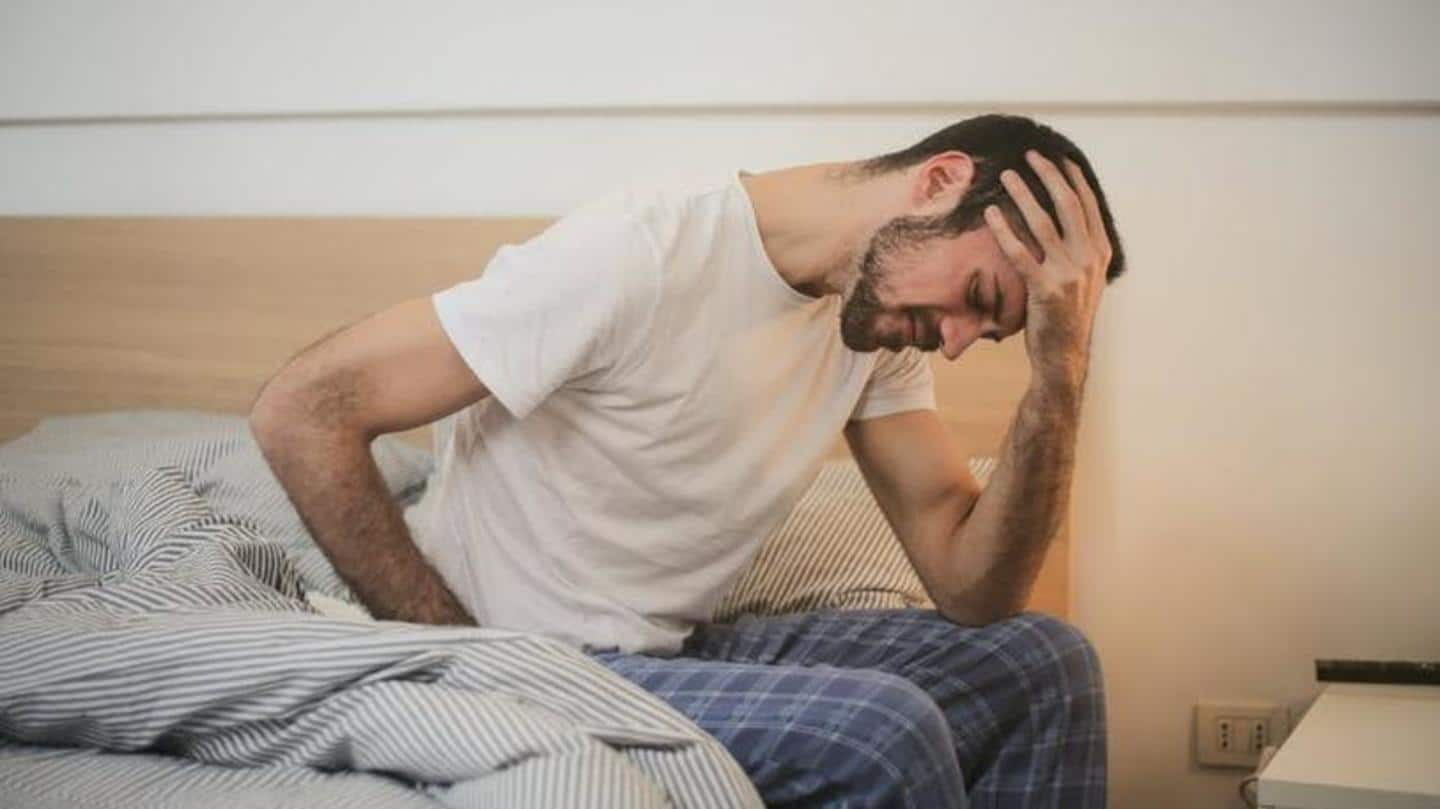
All you need to know about gallstones
What's the story
Gallstone, or gallbladder stones, is a health concern that requires immediate attention. But you may not know that you have this problem until these stones block the bile duct, resulting in sharp pain. The gallbladder is a tiny pear-shaped organ located just below your liver toward the right side of your abdomen. Let's take a look at the causes, symptoms, and treatment of gallstones.
Context
Here is what our expert says
Even though the gallbladder has the role of storing bile, it is not an essential organ for survival. Its diseases have been known since ancient times, and supposedly Alexander the Great died of a gallbladder infection. Rapid weight loss in obese individuals who eat a very fatty diet might be an indication of gallstones. Regular consumption of high-fiber meals is good for the gallbladder.
Number 1
What are gallstones?
The liver makes bile, which is stored by the gallbladder. It releases this bile to aid digestion. This bile also contains bilirubin, which is a waste material, and cholesterol. These two things can lead to the formation of gallstones. Cholesterol gallstones are yellowish-green and are the most common, while bile stones are small and dark. Gallstones also vary in size.
Number 2
Watch out for these symptoms
Gallstones can remain undetected for years. In fact, most people might not even feel any symptoms. Sharp pain in the upper right abdomen or the center of the stomach is the most common symptom. It can last from 15 minutes to a few hours. Nausea, diarrhea, gas, and pain in the right shoulder and back are the other symptoms you might experience.
Number 3
Causes of gallstones
Obese people, individuals above 40 years, women, diabetics, people with family history, and those with a sedentary lifestyle are most prone to gallstones. A diet rich in fat and cholesterol, but low in fiber is also a common cause. The use of oral contraceptives can also lead to the formation of gallstones. Gallstones have also been reported in pregnant women.
Number 4
Diagnosis and treatment
A blood test, ultrasound, and CT scan are the most common ways to know if one has gallstones. In some cases, your doctor might have to remove your gallbladder by performing a laparoscopic or open cholecystectomy, which requires hospitalization. However, if you don't experience any symptoms, gallstones don't need to be treated. Smaller stones pass out of the body by themselves.
Number 5
How to prevent gallstones?
A balanced diet rich in fiber, whole grains, vegetables, and fruits is essential to preventing this problem. Also, quit crash diets and don't go hungry for longer periods of time. Exercise regularly and stay active. Aim to work out at least five times a week. Cut down on your sugar intake. Include low-fat cheese, skimmed milk, and yogurt in your diet.